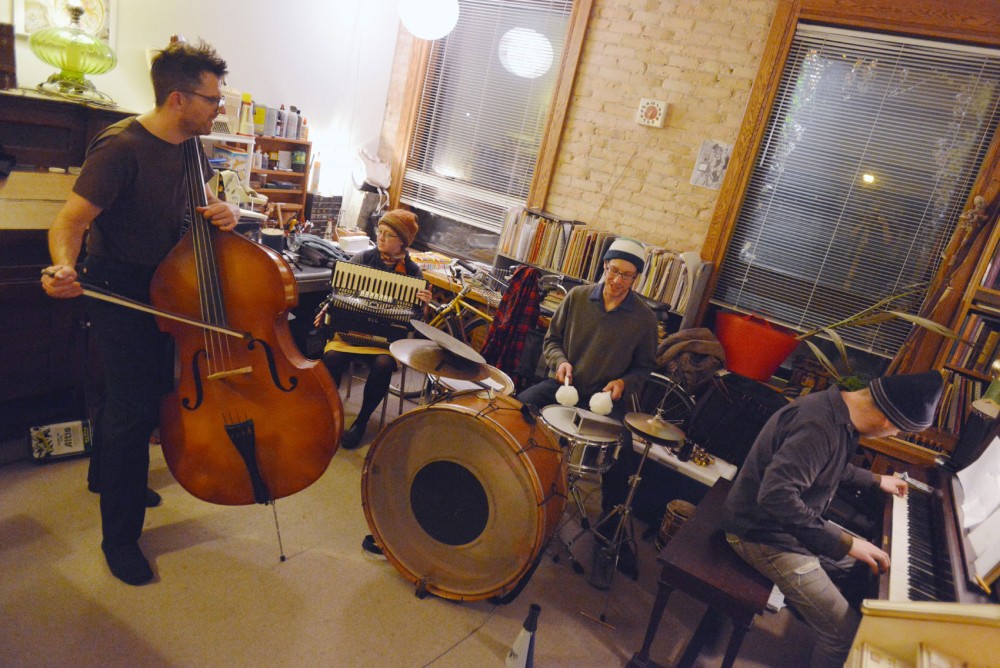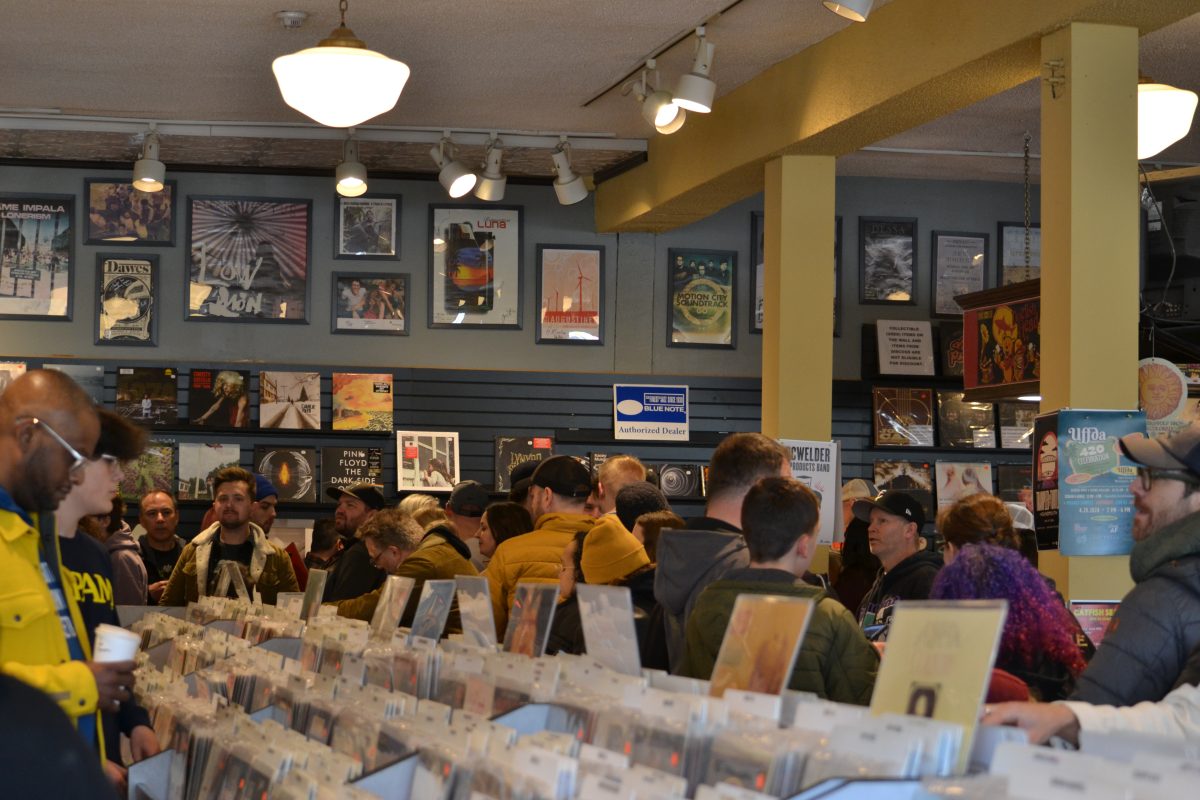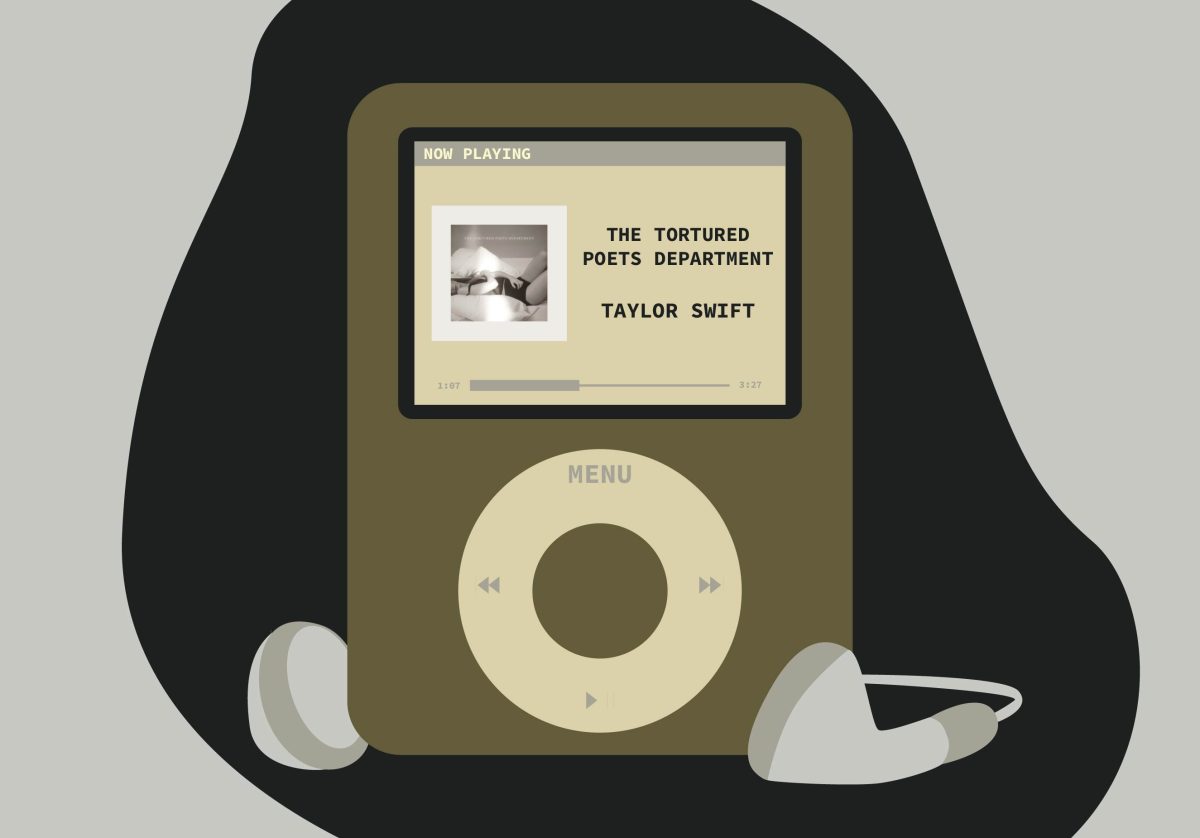What: Buster Keaton’s “One Week” and Roscoe “Fatty” Arbuckle’s “Coney Island,” scored by Dreamland Faces
When: 7 p.m., Thursday
Where: Minneapolis Central Library, 300 Nicollet Mall, Minneapolis
Cost: Free
In her cramped studio, Karen Majewicz organizes a complete spreadsheet for a silent film’s musical cues — the starts, the scene names, sound effects, instrumentation — she even makes a color code for the guide.
“So I end up in the dark looking at one of those, and I can’t look at it,” her music collaborator Andy McCormick said. “So I do everything by ear and try to memorize everything that’s happening.”
Together they form Dreamland Faces, a locally based ensemble specializing in scoring everything from the experimental films of Kodak pioneer George Eastman, the slapstick silent features of Buster Keaton to shorts and animations. Tonight, they’re playing alongside Keaton and “Fatty” Arbuckle in 1920s “One Week” and 1917s “Coney Island.”
“We’ve done a big run of comedies this year — cartoons and these sort of more slapstick things, which require a lot of hyper energy,” Majewicz said.
Majewicz, a University of Minnesota student studying history, drives the Dreamland Faces music with her accordion alongside McCormick’s ghostly musical saw. Along with drummer Ryan Billig and pianist Chris Hepola, they find creative freedom in performing besides the big screen.
“You get to play around a little,” McCormick said. “You can write themes that are a little more unusual because there’s action happening. People can focus on the movie, sometimes, instead of you.”
“It’s about being more invisible,” Majewicz said. “When you’re a band, you have a niche and a style. This is just more abstract music, I feel.”
After meeting in upstate New York, McCormick and Majewicz formed Dreamland Faces out of their mutual interest in setting music to silence in the tradition of the silent stars before them. For the group’s performance “One Week” and “Coney Island,” they uncovered music from the vaudeville-era of cinema, courtesy of composer Guido Deiro’s accordion tunes.
“He’s our new accordion hero,” Majewicz said. “He’s from the teens.”
“He was kind of a sex symbol,” McCormick said.
Briefly married to Mae West, Deiro rose to prominence as one of the highest paid vaudeville stars of the early 20th century. Dreamland Faces now plays Deiro’s music after a contemporary accordionist transcribed his music.
“It’s kind of like unearthing another book by Bach or something for piano,” McCormick said. “Although, of course, it’s not that serious compared to Bach, but it really is a great thing to find all these tunes.”
Complete with Hepola’s piano and Billig’s percussive sound effects, Deiro’s music comes alive as the antics of Buster Keaton play out on screen. Although audiences may associate accordion music with polka, Deiro’s music challenges convention with a complex arrangement, still flashy enough for the Keaton and Arbuckle slapstick.
“He managed to work within the stereotypes that now exist for accordion,” McCormick said. “Playing dance tunes, essentially, and still compose good songs in that realm.”
Dreamland Faces represents purists in that sense, completely interested in the history of early modern music. As most audiences associate accordion music to a specific genre, McCormick and Majewicz are more interested in musical complexity.
“There’s a whole style of accordion playing where you just play with your right hand in an indie band,” McCormick said. “It’s good sometimes, but it’s definitely a stereotype, at least to us.”
When asked to play “something Italian” at a gig, McCormick started playing the ominous theme from “Rosemary’s Baby.” Rather than playing cliché tunes, Dreamland Faces would prefer playing in the dark — the music behind silent movies offers them just that chance.
“It’s different doing movies. You get to hide; you get to be in the dark,” McCormick said. “There doesn’t have to be a picture of us to sell a movie.”






















